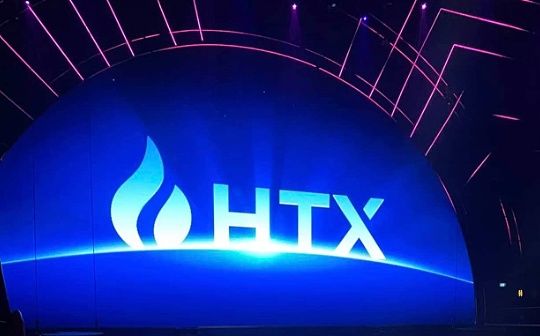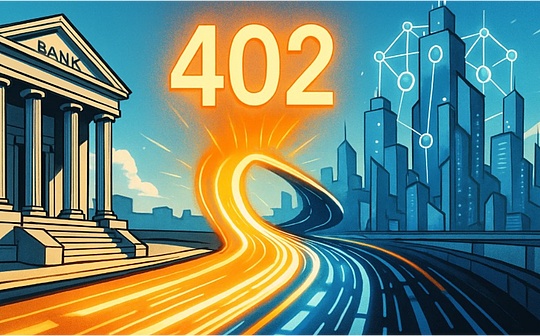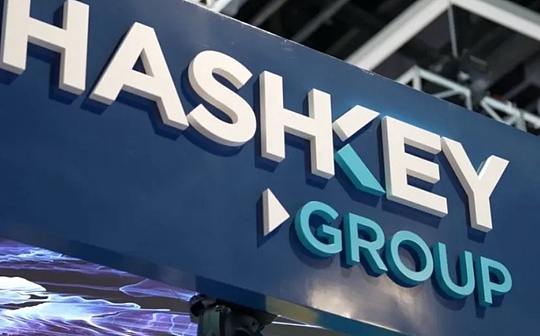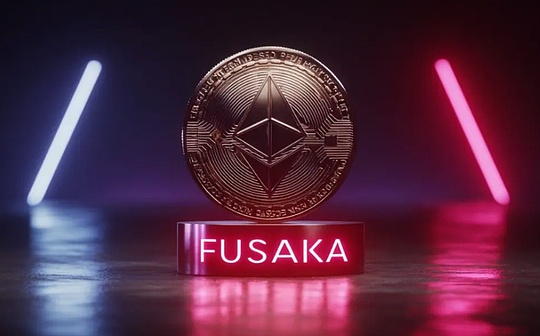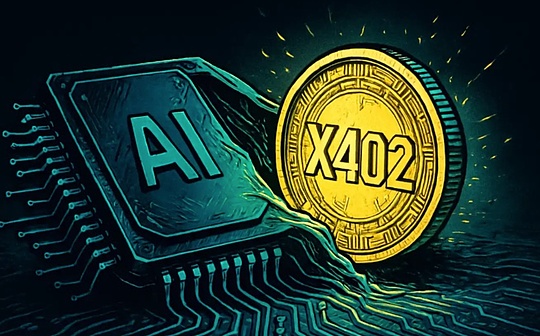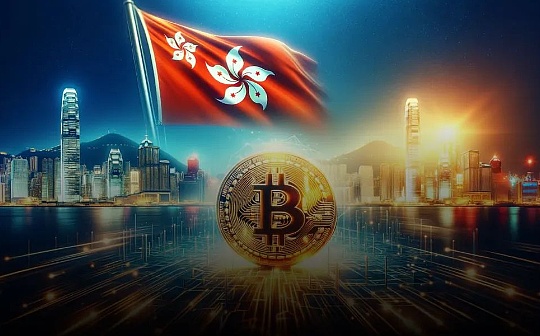
Author: Interface News reporter Liu Chenguang
On June 5, Leung Fengyi, CEO of the Hong Kong Securities and Futures Commission (hereinafter referred to as the Hong Kong Securities and Futures Commission), pointed out at the Greenwich Economic Forum (Hong Kong) that we should make good use of technological power and focus on distributed ledger technology (DLT).
Liang Fengyi pointed out that DLT is used in the financial market for virtual assets.Bitcoin has experienced many cycles of rise and fall over the past 15 years, which is sufficient to prove that it has the ability to survive as an alternative asset.What is even more certain is that as the underlying technology of Bitcoin, DLT will stand the test of time.The potential advantages of DLT are obvious, and this technology can improve the efficiency of physical assets in distribution, clearing, settlement and storage while reducing costs.
She stressed that the NFT craze may have receded, but the relevant technologies are gradually being used by the physical asset world, and physical assets are gradually being tokenized, and their potential benefits include several aspects.
First, financial inclusion; second, both parties to the transaction can enjoy higher transparency and privacy at the same time; third, improve settlement efficiency and reduce costs, and tokenization may indeed help achieve atomic settlement; fourth, transferability.
Liang Fengyi believes that the financial services field can also benefit from the above potential benefits and efficiency growth. For example, the initial issuance of traditional assets such as bonds and money market funds, secondary market transactions, custody and mortgages can all be completed on the blockchain, and thisIt is the future vision of the financial industry.
“Although some markets are moving towards the T+1 or even T+0 settlement cycle, most existing financial infrastructure and cross-border payment system processes still use T+2, so the blockchain model seems particularly attractive.To this day, this is still a vision, and there is a long way to go,” said Liang Fengyi.
In Liang Fengyi’s view, Hong Kong is gradually establishing a Web3 ecosystem.After the issuance of the world’s first batch of digital government green bonds last year, the SAR government continued its efforts in February this year to issue the second batch of bonds on private blockchains.The first issuance, transaction settlement, coupon payment and maturity redemption of the bonds are all conducted on the private blockchain.Supported by Hong Kong’s legal and regulatory framework, green bond issuances worth HK$6.8 billion are very successful, attracting subscriptions from a wide range of institutional investors around the world.
In addition, in order to promote the development of Hong Kong’s exchange-traded fund (ETF) ecosystem, the Hong Kong Securities Regulatory Commission recognized the first batch of virtual asset spot ETFs in Asia for retail investors to invest.The six ETFs started trading at the end of April and have been trading in an orderly manner so far.As of May 31, the total market value of this batch of ETFs reached US$301 million, with an average daily turnover of US$5.8 million.
Liang Fengyi pointed out that adhering to the stance of technology neutrality, the Hong Kong Securities Regulatory Commission adopts the principle of “same business, same risks, same rules”.Investor protection is the top priority of his work.
She particularly emphasized that the support of the Hong Kong Securities Regulatory Commission for the Hong Kong Web3 ecosystem does not mean endorsement of the asset category of virtual assets.She said that as far as the current situation is concerned, virtual assets are obviously highly speculative and prices are fluctuating.Therefore, while meeting the needs of investors, the Hong Kong Securities and Exchange Commission has ensured that it has a wide range of investor safeguards.In terms of virtual asset spot ETFs, the Hong Kong Securities Regulatory Commission requires that relevant virtual asset transactions must be conducted on virtual asset trading platforms licensed by the Securities Regulatory Commission, and the relevant virtual assets must be kept by these platforms or banks that meet relevant standards.The Hong Kong Securities and Exchange Commission also requires fund management companies to warn investors of risks.At the same time, investors are reminded to pay attention to the drastic fluctuations in this asset class.
In June last year, the Hong Kong Securities Regulatory Commission’s regulatory system for central trading platforms officially came into effect.Given that over-the-counter virtual asset transactions are prone to fraud and money laundering risks, the Hong Kong SAR government has consulted the public on the licensing system of over-the-counter service providers earlier this year.The relevant measures will cooperate with the work of creating a solid and transparent regulatory environment for virtual asset trading.The scope of virtual asset supervision will also be further extended to stablecoins, and a new system for regulating fiat currency stablecoins is under preparation.
“It is well known that stablecoins are generally issued by non-bank institutions and may be used as payments. Therefore, the issuer of the regulated stablecoins will help protect its holders. The Hong Kong Monetary Authority (HKA) recently completed an inquiry on the relevant recommendation system., the recommendations included requiring the issuer to ensure that the stablecoins are fully supported with high-quality and highly liquid reserve assets,” said Liang Fengyi.
“Will traditional financial services be provided on traditional infrastructure be replaced by smart contracts and DLT one day? When will it happen? These are still unknown.” Liang Fengyi admitted that market participants who intend to try should actively test related products.Use cases, and the Hong Kong Securities and Exchange Commission’s role as a regulator is to provide a clear, certain and consistent regulatory framework to facilitate the market to expand its use cases in an environment that safeguards investors.

